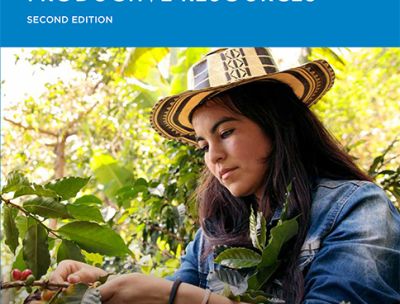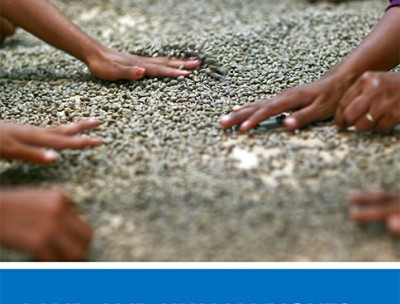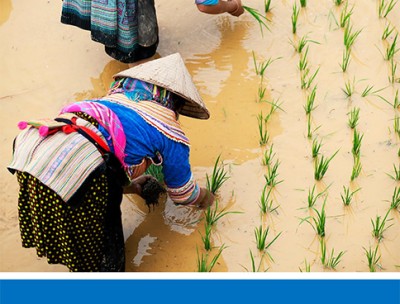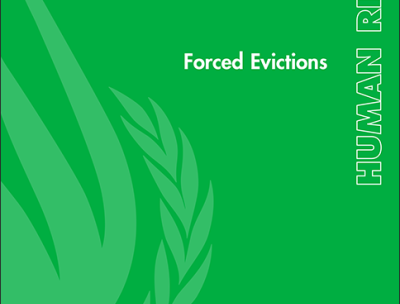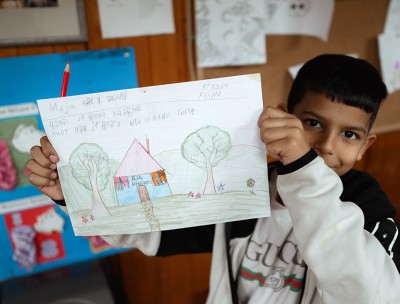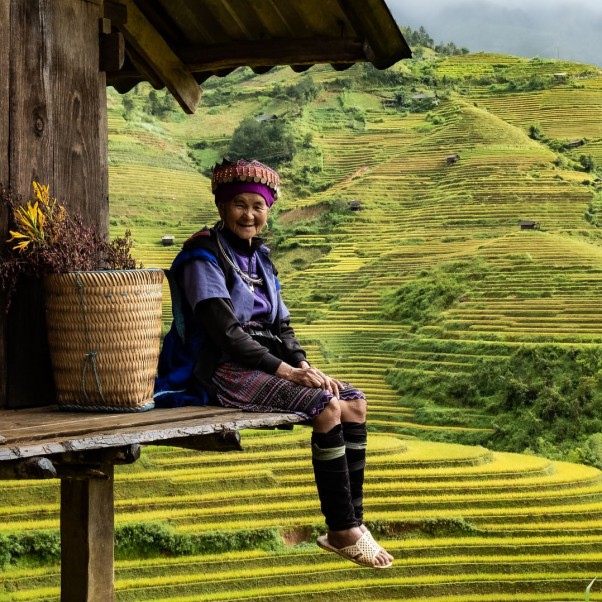
About
People around the world depend on access to land for their livelihood. Land issues are of growing concern due to food insecurity, climate change, unsustainable use of natural resources and urbanization. The rights to food, culture, housing, water, health and mental health, work and an adequate standard of living are directly affected by land policies and their implementation.
While no human rights law provides for a “human right to land”, international human rights law does recognize everyone’s right to an adequate standard of living, including adequate housing. Still, over a billion people live in substandard housing, slums and informal settlements, or are displaced due to conflict, natural disasters or climate extremes. Millions are subject to forced eviction or other conditions which impede the right to live in security, peace and dignity.
Our work
UN Human Rights works with rights holders, States and other stakeholders to guarantee adequate housing for everyone. We encourage the adoption of measures to prevent homelessness, prohibit forced evictions, respect traditional cultures, address discrimination, include the most vulnerable and marginalized groups, and work towards security of tenure. We develop indicators for monitoring key housing outcomes, and guidance and tools for addressing forced evictions. We support the UN Housing Rights Programme (UNHRP) to foster efforts towards the realization of the right to adequate housing. We interact with rights holders and duty bearers via our country presences to improve the level of respect for this cluster of rights.
Current focus
Who else is involved
Special Rapporteur on adequate housing
The Special Rapporteur promotes the full realization of adequate housing as a part of the right to an adequate standard of living. The expert identifies best practices and obstacles to achieving this goal. The mandate also places special emphasis on gender-specific vulnerabilities related to right to housing and land.
Working Group on peasants
The Working Group on the rights of peasants and other people working in rural areas was established in 2023 by Human Rights Council through resolution A/HRC/RES/54/9. The main mandate of the Working Group is to promote the effective and comprehensive dissemination and implementation of the United Nations Declaration on the Rights of Peasants and Other People Working in Rural Areas, adopted by the General Assembly on 17 December 2018 (A/RES/73/165).
Committee on Economic, Social and Cultural Rights
This body of 18 independent experts monitors implementation and compliance of the International Covenant on Economic, Social and Cultural Rights (ICESCR) by its States parties. They examine the reports regularly submitted by States parties on how the rights are being implemented, address concerns, and make recommendations to the States parties.
